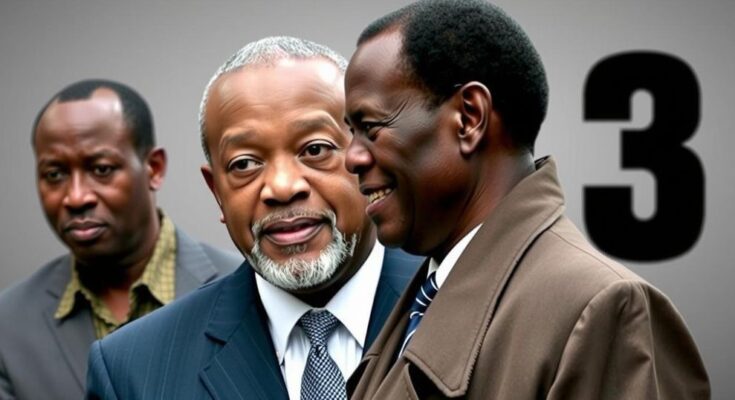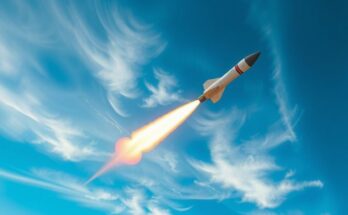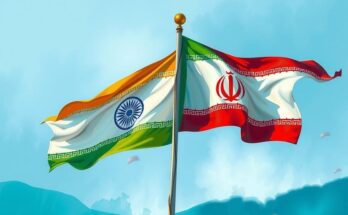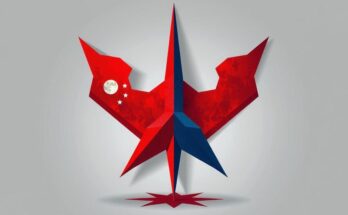Rwandan President Paul Kagame has denied allegations of Rwanda supporting the M23 rebel group in eastern DRC, asserting that the group’s main fighters originated from Uganda. This response comes after a UN report accused Rwanda of military assistance to M23, highlighting the regional conflicts exacerbated by ethnic bias and governance failures in Congo.
In a recent press briefing in Kigali, Rwandan President Paul Kagame firmly denied allegations that Rwanda supplies support to the M23 rebel group in the eastern Democratic Republic of Congo (DRC), stating that the core fighters of M23 initially came from Uganda. This assertion directly counters the findings of a United Nations Group of Experts report, which implicated Rwanda in providing military backing to M23 and exacerbating regional conflicts.
President Kagame articulated a detailed historical timeline of the M23 fighters, indicating that many were refugees from Uganda post their disbandment in 2012-2013. He remarked, “The fighting was started by the main group that was in Uganda. So how did it become a Rwandan problem?” He shared that Rwandan forces previously disarmed over 500 former M23 members and returned them to the DRC government, emphasizing, “These are not the ones who started the fighting.”
Despite Kagame’s denials, the UN report alleges that Rwandan Defense Forces (RDF) have been actively collaborating with M23, utilizing advanced military hardware in their operations. The report indicates an increase in territory controlled by M23, particularly in resource-rich areas, hinting at a push for economic gains through military means.
The Rwandan leader criticized these claims as rooted in ethnic bias, asserting that the longstanding persecution faced by Rwandophones in Congo has been unjustly linked to Rwanda’s involvement. He expressed disappointment at the international community’s failure to tackle underlying issues related to the FDLR militia, remnants of the perpetrators of the Rwandan genocide. Kagame pointed out, “The DRC government is not encouraged to take its own responsibility for its people and its country.” He suggested that blaming Rwanda has become a convenient excuse for the governance challenges in Congo.
The tensions between Rwanda and the Democratic Republic of Congo regarding the M23 rebel group have persisted for years, with historical conflicts deeply rooted in ethnic divisions and past genocides. The M23 group, formed from disbanded rebel factions, has been accused of destabilizing the eastern DRC, with various international reports attributing different layers of conflict and involvement from neighboring countries, particularly Rwanda. This context is crucial to understanding President Kagame’s statements and the international response to the ongoing situation.
In conclusion, President Kagame’s recent remarks reflect a strong rejection of accusations against Rwanda’s involvement with M23, framing the issue within a historical context of regional refugee movements and ethnic persecution. The contrasting narratives presented by the Rwandan government and the UN report illustrate the complexities of the conflict in eastern DRC, shedding light on the challenges that continue to afflict the region concerning governance, military involvement, and socio-ethnic dynamics.
Original Source: chimpreports.com




